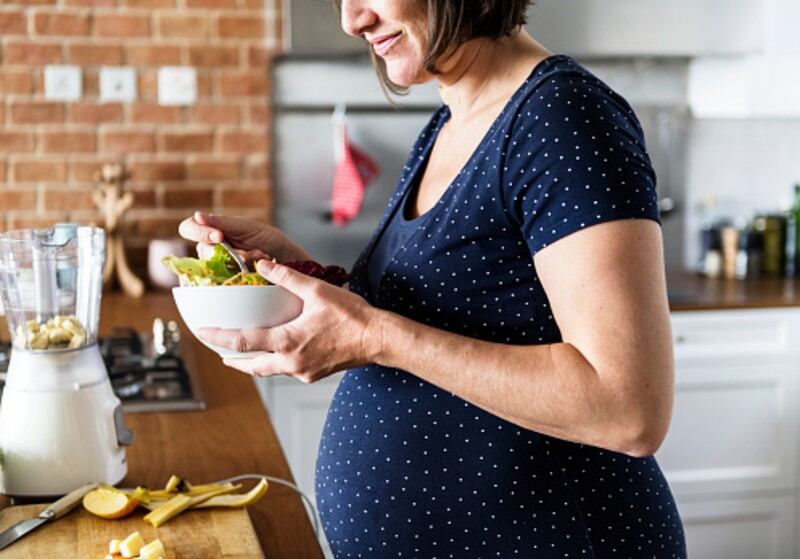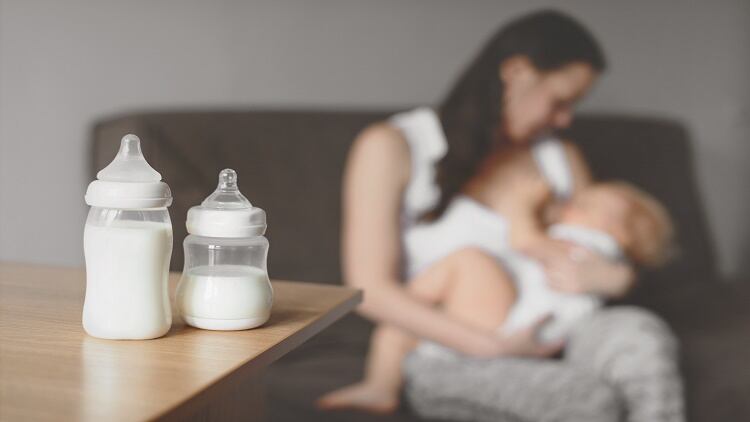This was based on a report published by the New Zealand Food Safety (NZFS) department under the Ministry of Primary Industries, dubbed Food Safety During Pregnancy, which utilized data from government research examining ‘complex changes in the maternal immune system’.
This is the first time that NZFS’ risk communication material regarding food safety during pregnancy has been updated in 14 years.
“NZFS wants to ensure the food safety advice for pregnancy remains current with the latest science and dietary practices for New Zealand - The previous advice available on the NZFS website] was published in 2007 and was based on information available then,” said MPI in a formal document.
“Since that time a range of new foods has been introduced and become popular in the diet of New Zealanders, while there is improved understanding over which foods might be a risk.”
MPI identified listeria and toxoplasma bacteria as the main causes of foodborne infections, or food poisoning, which are ‘particularly dangerous to pregnant women’.
“Listeriosis may cause miscarriage or early labour or the baby may be born with the infection and need treatment with antibiotics, whereas toxoplasmosis may cause eye or brain damage in the unborn baby,” said the ministry.
In the updated guidance, Listeria in particular was found to be of high-risk to pregnant mothers based on recent scientific research, and this led to changes in pregnancy consumption advice for some dairy cheeses and vegetable sprouts.
Case in point, MPI advised a complete halt on consuming soft, low acid cheeses without ‘cooking’ even if these were pasteurised - a situation that could cause challenges for cheeses like Brie and blue cheese (commonly found on cheese platters) and feta (a common accompaniment in raw form to salads).
“Soft (high moisture) cheeses made from pasteurised milk that have low acidity or near neutral pH [such as] Brie, Camembert, blue, ricotta, mozzarella, and feta [needs to carry revised guidance] to encourage consumers to [cook] the cheese first, e.g. a ‘Do not eat unless cooked’ label,” said MPI.
“[The previous NZFS advice] was that it was ‘OK to eat in small quantities if purchased in the manufacturer’s original packaging and eaten immediately after opening’, [but data indicates Listeria] contamination can occur.
“[Consumers are advised to] cook the cheese before consumption in order to remove the risk of listeriosis.”
Vegetable sprouts
Within the heavily-battered vegetables category, all sprouts (including alfalfa, mung bean, chickpea, radish, broccoli, soybean and sunflower) also took a hit as the new guidelines identified these as a ‘high risk food for vulnerable people’.
“Sprouts are considered a high-risk food for vulnerable people because they can be contaminated with microbial pathogens and have caused outbreaks,” said MPI.
“The germination conditions for sprouts are highly favourable for the growth of bacteria [such as Listeria or Salmonella] - Pathogenic bacteria can be introduced with the seeds, irrigation water or from the growing environment. [Multiple outbreaks linked to sprouts] have been observed both in New Zealand and internationally.
“So to minimise risk to pregnant women, [the suggestion is that] sprouts are not eaten without proper cooking, [particularly not when] raw.”
In addition, the report’s definition that sprouts are high-risk to ‘vulnerable people’ indicates that this advice would go beyond just pregnant women but also to other high-risk groups.
Positive news
Not all the updates were gloomy though – here, dairy also saw some good news in the form of advice being made less stringent for pasteurised milk and pasteurised yoghurts based on new scientific data.
“[Previous NZFS advice] has always been to drink the pasteurised milk or eat up the yoghurt within two days once the packaged was opened – this advice has been found to be unsupported by current scientific evidence,” said MPI.
“Pasteurisation is the main control for pathogens in milk – This is a widely consumed food and no outbreaks have been reported in New Zealand associated with this food. [It would] be more suitable to replace the current two-day restriction with additional advice to consume before the manufacturer’s best before date and take actions to prevent contamination.
“[A similar situation applies to] yoghurt - There is no evidence from public health data that [bacterial contamination] is a problem, [so consumers could refer] to the manufacturer’s instructions which usually advise keeping the product refrigerated and eating it within seven days of opening or before the best before date.”
Limitations on the intake of various fish could also be removed soon – such limitations have traditionally been aimed at minimizing mercury exposure which poses risks to fetal neurodevelopment.
In the report, fish species were classified based on recommended servings a week which was determined based on estimated mercury concentration – either one serving in one to two weeks (e.g. bluefin tuna, swordfish), three to four servings per week (e.g. salmon, bass, mackerel) or no restriction necessary (e.g. barracouta, blue cod).
According to new research on fish in New Zealand, five species previously classed as ‘three to four servings per week’ could see an upgrade to ‘no restriction necessary’ based on mercury concentrations: Gemfish, ling, orange roughy, oreo dories (black oreo) and smooth oreo.
“[That said, we will look into gathering] further New Zealand-specific information on the [mercury] content of fish species [before looking at] further refinement of the New Zealand guidelines,” said MPI.
The majority of other NZFS guidelines maintained status quo after having been determined to be ‘consistent with current scientific evidence’, such as recommendations to avoid unpasteurised fruit juices and cider, even non-alcoholic variants.





